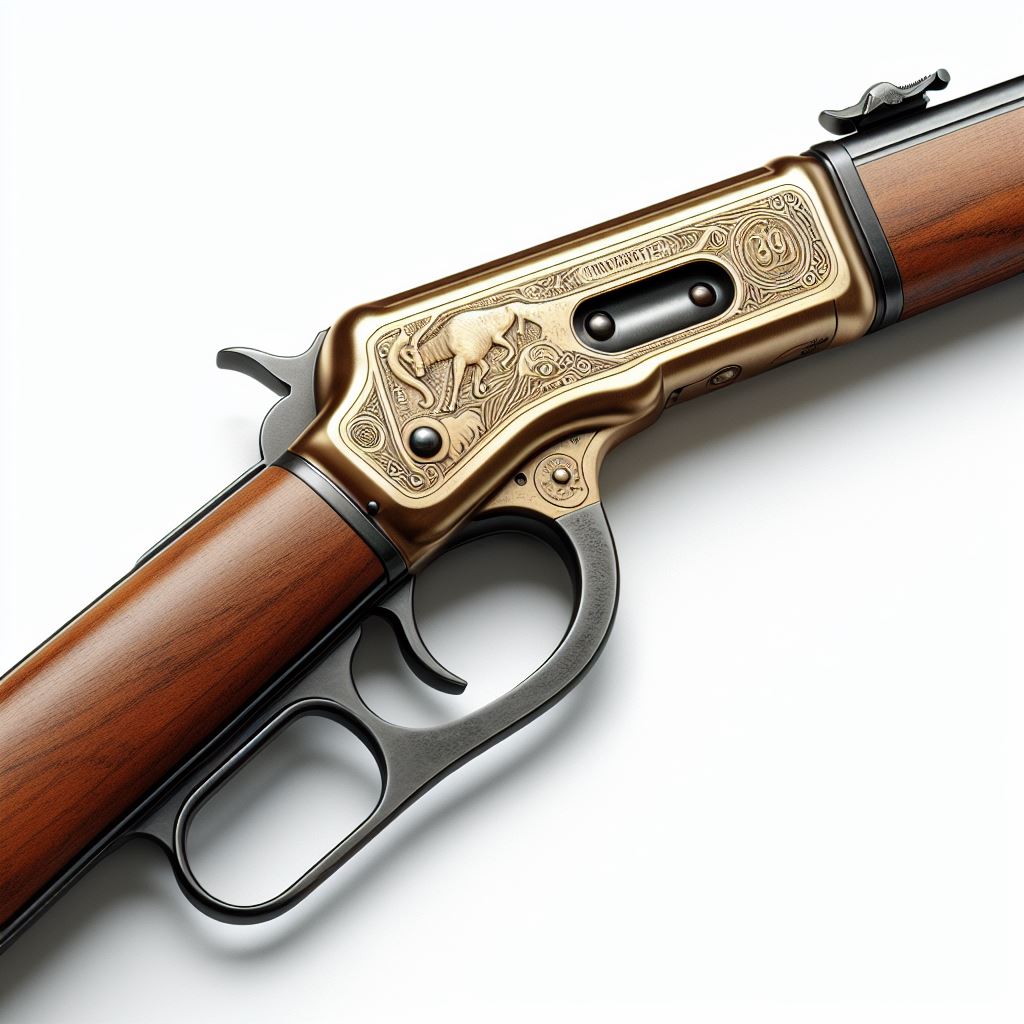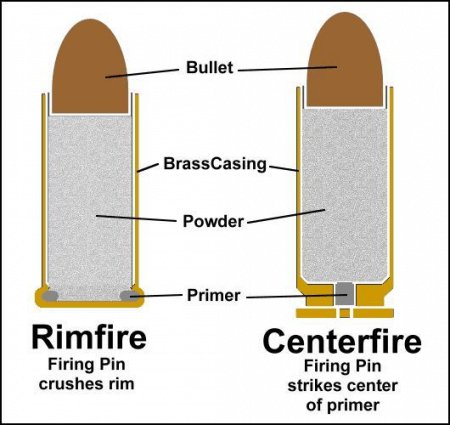
Deceased Estates And Used Guns
Among the various items found in a deceased person’s estate, used guns stand out as both significant and sometimes controversial possessions.
When it comes to managing the affairs of a departed loved one, the presence of firearms can introduce a new layer of complexity.
This complexity raises a multitude of important legal and logistical questions that need careful consideration.
From deciphering rightful ownership of the firearms to ensuring full compliance with firearm regulations, the handling of used guns within a deceased person’s estate demands a meticulous eye for detail.
Delving into this topic, the following article takes you on a journey through the distinctive challenges that executors and beneficiaries encounter when dealing with firearms within an estate context.
Along the way, we’ll shine a light on the array of laws, procedures, and ethical factors that require delicate navigation throughout this intricate process.
So, whether you’re an executor, beneficiary, or simply curious about the regulatory and ethical aspects surrounding guns in estates, you’re in for an enlightening exploration.
Understanding the connection between deceased estates and used guns.
Deceased estates and used guns may seem like an unlikely combination, but there is indeed a connection that exists between the two.
When a person passes away, their personal possessions, including firearms, become an integral part of their estate.
These firearms typically find their way to the deceased individual’s beneficiaries or heirs.
Sometimes, these beneficiaries might find themselves with firearms that they don’t have a personal use for.
As a result, these guns could end up being sold or transferred, entering the realm of the used gun market.
Traversing this path involves a careful consideration of both legal and ethical dimensions.
On the legal front, it’s essential to navigate and adhere to Queensland’s laws and regulations governing firearms.
Firearm laws can vary across different Australian states, and staying up-to-date with your specific state’s regulations is key.
This friendly guide will shed light on the ins and outs of managing guns within estates, providing insights that help you make informed decisions while treading the terrain of used firearms.
What happens to firearms in a deceased estate?
What happens to firearms in a deceased estate can vary depending on various factors such as the individual’s will, legal requirements, and family dynamics.
In Queensland, like in many other states, the executor of the deceased person’s estate is responsible for managing their assets, including firearms.
If the deceased had a valid firearms license and owned registered firearms, these weapons will need to be dealt with according to specific legal procedures.
The executor will first need to determine if any family members or beneficiaries are eligible and willing to take possession of the firearms.
If a suitably licensed candidate is found, they may legally acquire the registered firearms by obtaining the necessary permits.
If a beneficiary would like to retain the firearms and is unlicensed, then a storage facility such as Gun Bar can hold the firearms on behalf of the estate or beneficiary until such times as the appropriate licenses and permits are acquired.
When there are no interested parties or if it is deemed inappropriate for someone within the family to possess the firearms, then alternative options must be explored.
Legal requirements for transferring firearms in an estate.
When it comes to transferring firearms within a deceased estate in Queensland, it’s important to be well-informed about the legal requirements.
Queensland has specific regulations in place that govern the transfer of firearms from one person to another, especially in the context of an estate.
These requirements encompass aspects such as obtaining the necessary permits, ensuring compliance with licensing procedures, and adhering to any waiting periods that may apply.
Additionally, understanding the proper documentation and notification processes is crucial to facilitate a smooth transfer.
Whether you’re an executor navigating the intricacies of estate management or a beneficiary handling firearms, being aware of Queensland’s legal framework surrounding firearms will ensure that the transfer process is carried out correctly and responsibly.
Potential risks and challenges of selling or inheriting used guns.
Potential risks and challenges of selling or inheriting used guns in Queensland include ensuring compliance with strict regulations and laws surrounding firearms ownership.
It is essential to be aware of the legal requirements for transferring firearm ownership.
Any failure to comply with these legal requirement can result in severe penalties.
One challenge is conducting proper background checks on potential buyers or inheritors.
The Queensland Police Service requires all individuals purchasing or obtaining a firearm to hold a valid firearms license.
This license ensures that the person is eligible to own and possess firearms, has undergone necessary safety training, and has passed a background check.
Inheritors of used guns must also meet these requirements before taking ownership.
Another challenge is ensuring that the firearm being sold or inherited is in safe and working condition.
Proper disposal methods for unwanted firearms in estates.
One important aspect of firearm ownership is the proper disposal of unwanted firearms in estates.
When an individual passes away and leaves behind firearms that their inheritors do not wish to keep, it becomes essential to have a designated process for their safe and responsible disposal.
This typically involves working with licensed firearm dealers who can assist in the lawful transfer or sale of these firearms.
Gun Bar is a reputable licensed firearm dealer that specialises in the legal transfer and sale of firearms.
We have extensive knowledge and experience in handling estate firearms, ensuring that all necessary legal requirements are met during the disposal process.
When inheritors decide to dispose of unwanted firearms, they can contact Gun Bar to initiate the process.
Gun Bar’s team will carefully assess each firearm to determine its condition, value and legality.
We will also verify if any special permits or licenses are required for specific types of firearms based on the Queensland Weapons Categories Regulation (1997).
The importance of proper documentation and records.
The significance of maintaining thorough documentation and accurate records cannot be overstated in the firearms industry.
Proper documentation serves as a vital tool in ensuring a smooth and legally compliant transition of firearms from one individual to another.
These records not only provide clarity and accountability but also contribute to the overall safety and integrity of firearm transfers within the context of a deceased estate.
By prioritising proper documentation, those navigating this intricate process can uphold the law, honour ethical considerations, and facilitate a responsible transfer of firearms in Queensland.
Gun Bar understands the importance of adhering to strict documentation procedures in order to maintain compliance with regulations and takes pride in its meticulous approach to documentation.
When dealing with firearms in a deceased estate, it is crucial to prioritise clarity and accountability through detailed record-keeping.
This includes documenting all relevant information such as serial numbers, make and model, ownership history, and any necessary permits or licenses.
Conclusion: Safely navigating deceased estates involving used guns.
Navigating deceased estates involving used guns requires careful attention to legal and safety considerations.
A solid grasp of firearms laws and regulations is paramount.
Also imperative is taking necessary measures to ensure secure handling and proper disposal of these firearms.
The initial step involves consulting a licensed firearms dealer like Gun Bar to gain insights into your specific state’s regulations.
Given the diverse firearm laws across Australian states, the expertise of a reputable dealer proves invaluable.
Once armed with information, safety takes precedence in dealing with used guns – proper storage is key.
At Gun Bar, we not only offer a wealth of information but also provide secure firearms storage throughout the estate process.
Furthermore, we’re equipped to facilitate firearm sales or transfers, offering comprehensive support every step of the way.
Your peace of mind and adherence to legal and safety protocols are our priorities.
Still have questions?
Call Gun Bar on 1800GUNBAR for a no obligation chat today about how we can assist you navigate these matters.



